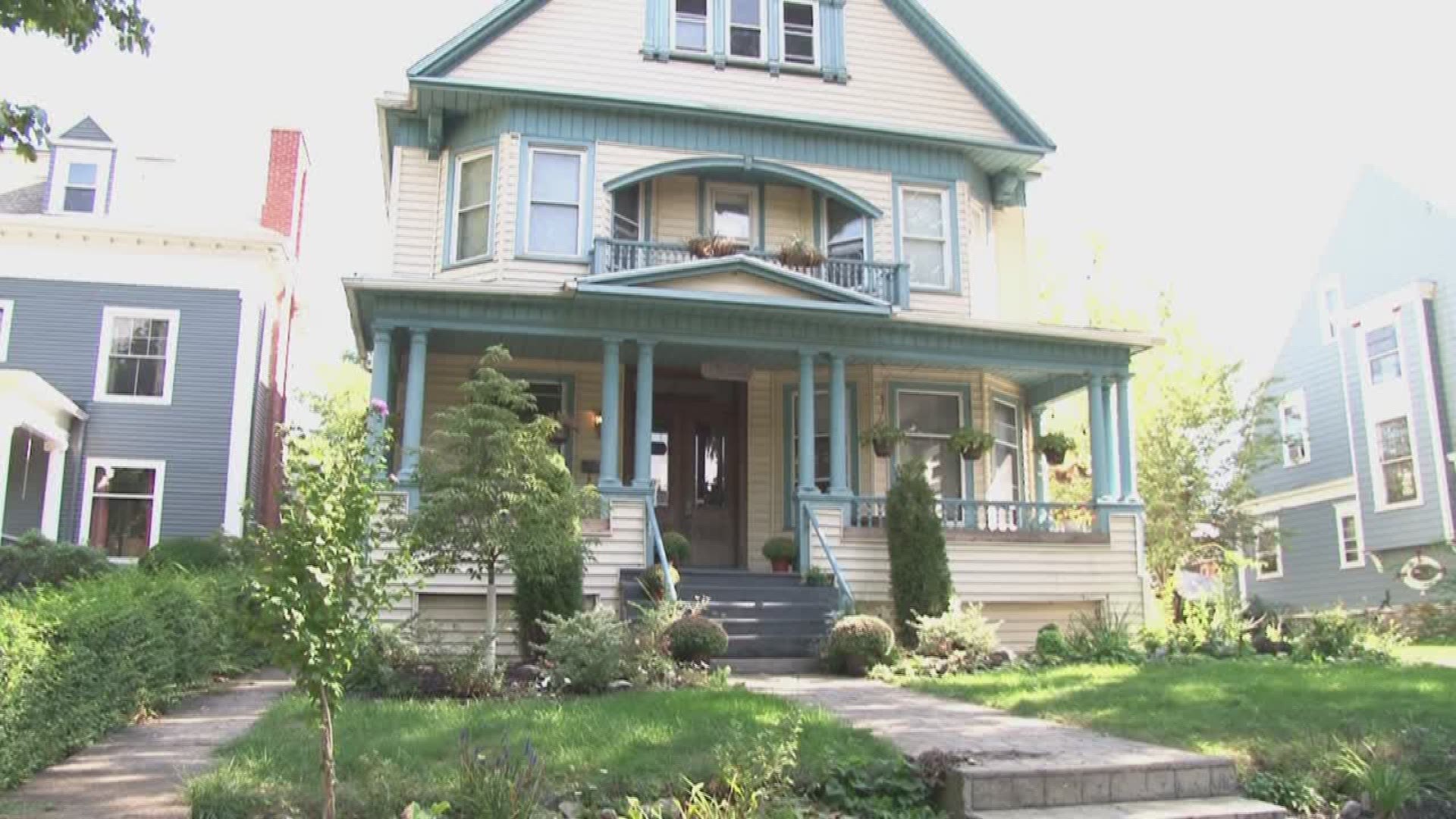Gov. Bill Haslam has now signed into law a measure to prevent municipalities from completely banning short-term rentals that have already been in business.
With the exception of the collection and remittance of taxes, which will take effect Jan. 1, the law takes effect immediately .
The measure, debated throughout the latest legislative session, was opposed by cities wanting to keep the regulation of short-term rentals local.
But industry operators such as Airbnb and HomeAway and short-term rental owners, see the bill's passage through the General Assembly as a win, even though it was a partial victory that stopped short of a prevention against any and all bans.
The bill, which came out of a conference committee consisting of members from both chambers, passed 18-14 after the House approved the conference report earlier in the day.
"The intent is to protect the property rights of individuals who were operating lawfully," said bill sponsor Sen. John Stevens, R-Huntingdon. "The parts that have changed are for the rural districts who haven’t passed anything. Now, they have a framework within which they can work."
The Senate previously passed a version of the bill would grandfather in existing non-owner-occupied short-term rentals originally permitted by city ordinances, thus allowing them to continue to operate.
The bill included an amendment that prevented the owners from passing on the grandfather status to a new owner.
'More confusion than clarity'?
Still, the bill did not prevent local governments from banning future non-owner-occupied short-term rentals, enforcing regulations on existing short-term rentals or revoking the permits of owners who have continually violated local ordinances.
Days after the Tennessee Senate engaged in a two-hour debate, the House voted to reject the work of the upper chamber, sending the bill to conference committee.
In a conference committee, members reached a compromise that kept the bill almost the same as when it left the Senate, with a small change: In municipalities where no regulations have been enacted, any property owners who can show six months of property taxes from short-term property rental profits within the last 12 months would be grandfathered in if future regulations were enacted.
The measure made a slim passage after a final round of debate.
Sen. Bo Watson, R-Chattanooga, said the bill creates more confusion that clarity.
"My hope was that the conference committee would take up the very difficult issue around residential and commercial utility rates," Watson said. "We have created a report in an effort to win, which will simply create lawsuits."
The measure, known as the "Short Term Rental Unit Act," was sponsored by Stevens and Rep. Cameron Sexton, R-Crossville.
Reach Reporter Jordan Buie at 615-726-5970 or by email at jbuie@tennessean.com. Follow him on Twitter @jordanbuie.

